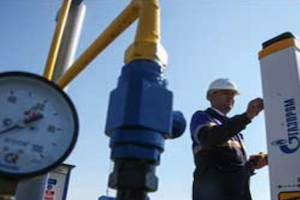Geopolitics Doomed Georgia's Anaklia Project, But Can Also Resurrect It
By Emil Avdaliani
March 9, 2020, the CACI Analyst
Georgia’s long-awaited Anaklia project officially ended in January 2020. The country’s internal problems as well as geopolitical competition involving the U.S., China, and Russia doomed the deep-sea port. However, this same geopolitical competition could serve to keep U.S. interests in the project afloat, as Chinese and Russian investments in the port would be problematic for Washington. Moreover, after Georgia’s critical parliamentary elections this year, Tbilisi may become better positioned to support a new concept for constructing Anaklia.
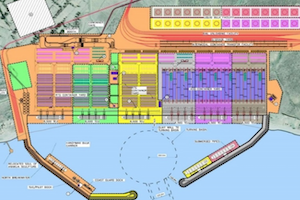
Kadyrov Continues to Target Enemies Abroad
By Emil A. Souleimanov and Huseyn Aliyev
February 25, 2020, the CACI Analyst
In August 2019, Zelimkhan Khangoshvili, a 41-year old Georgia-born ethnic-Chechen former insurgent and a supposed enemy of Chechen strongman Ramzan Kadyrov, was killed in Berlin. The assassination has raised renewed concerns about the involvement of Russian security services and Chechen loyalists in the systematic liquidation of political opponents and former insurgents outside Russia’s borders. While the involvement of Russian security services in assassinating “traitors” has become a widely-accepted fact following the 2018 Salisbury poisoning of a former Russian spy and his daughter, less is known about the persecution of dissidents or critics of Kadyrov’s regime outside Chechnya and Russia.
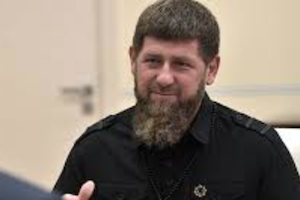
New Vistas for Trans-Caspian Projects
By Stephen Blank
December 10, 2019, the CACI Analyst
The Caspian Convention of August 2018 represented a major step forward in demarcating the Caspian Sea and the rights of littoral states. It also regenerated thinking about large-scale projects to integrate the Caspian basin with European, Chinese, and South Asian markets. This agreement was part of a larger contemporary trend involving China’s Belt and Road Initiative (BRI) and Russia’s North-South project through Iran and Central Asia to India. However, it will take years of multilateral economic, technological, and political efforts to implement these visions and despite the optimistic dreams fostered by the Caspian convention, there will be many disappointments on the road to realizing them.
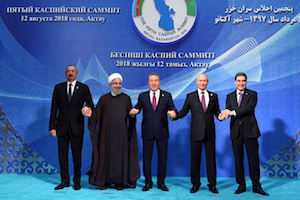
History Repeats Itself: Uzbekistan's New Eurasian Gamble
By Farkhod Tolipov
November 22, 2019, the CACI Analyst
During an official visit to Tashkent on October 2, 2019, the Speaker of the Federal Council of the Russian Federation, Valentina Matvienko, stated that Uzbekistan’s President Shavkat Mirziyoyev had decided to resolve the question of Uzbekistan’s membership in the Eurasian Economic Union (EEU). If Tashkent actually decides to join, this will be the most dramatic and fateful geopolitical turn in Uzbekistan’s post-Soviet history, since it will signify the transformation of a non-Eurasian country to an Eurasian one. This is, indeed, a moment of truth for Uzbekistan and its foreign policy since it will require public support and a clear explanation of the country’s national interests.
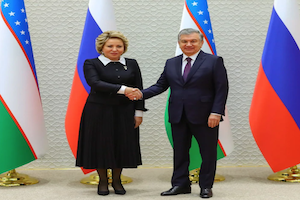
Russia Moves to Strengthen its Profile in Central Asian Gas Politics, Threatens Trans-Caspian
By Azad Garibov
October 24, 2019, the CACI Analyst
With a promise to increase gas imports from Central Asia and to resume gas purchases from Turkmenistan after a three-year break, Russia’s energy giant Gazprom became increasingly active in Central Asian gas politics in the summer of 2019. This stands in contrast to Russia’s relative passivity in this area over the last decade, as its significantly lowered imports of gas from the region has allowed China to become the dominant player in Central Asia’s gas market. However, Russian gas export to Europe has hit record levels for several consecutive years, implying an opportunity to revive the practice of re-exporting Central Asian gas to Europe.
